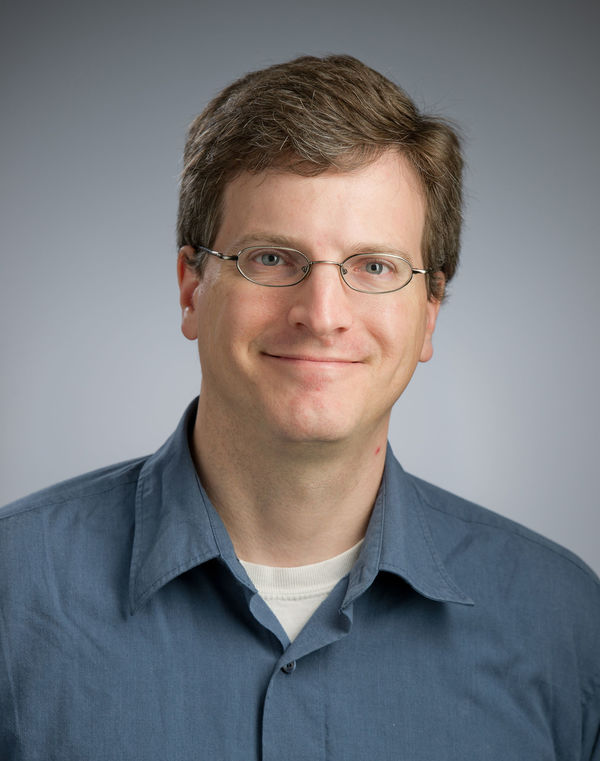
Joseph Kaboski
David F. and Erin M. Seng Foundation Professor of Economics
University of Notre Dame
A great deal has happened since our last issue in the Spring
Welcome to the second issue of our CREDO newsletter. A great deal has happened since our last issue.
In the spring, Thomas Piketty’s book, Capital in the 21st Century became a New York Times bestseller, creating excitement, controversy and much discussion in the economics community but probably more so in the Church, media, and broader society. The focus of the book is, of course, wealth and income inequality, and we have decided to give some focus to the issue in the current issue. CREDO vice-president Jesus Fernandez Villaverde has contributed a thoughtful review of the book, an abridged version of a review published in the Catholic magazine, First Things. Piketty’s book focuses on the advanced economies of the world. To complement this, Quy-Toan Do, a World Bank research economist and member of CREDO’s advisory panel, and his colleague, Christoph Lakner, have contributed a nice summary assessment of what we know about inequality trends in the developing world.
I recently read a talk that U. of Chicago economist John Cochrane gave in a conference in honor of Gary Becker at Hoover Institution on the topic of inequality. He was largely dismissive of inequality as a concern, but I found it an interesting read. It occurred to me that economists and Catholic social thinkers approach the topics in vastly different ways.
Like most economists, Cochrane talked about the issue of poverty as perhaps related to but nonetheless distinct from inequality per se. Why does it matter if some people have more, if the poor are not made worse off, for example? Economists largely consider inequality if it might lead to poverty directly, for example, or might lead to bad institutional outcomes such as crony politics that disrupt competition, large scale redistribution that distorts incentives to work and invest, or civil conflict that can bring entire economies crashing down. Our concern is the poverty, or the bad institutions; the inequality is only instrumental.
On the other hand, Catholic social thinkers often use poverty and inequality interchangeably. (This is a frustration to economists!) Some of it stems from sloppy thinking, but some of the mixing of terms is because the two are closely connected in their approach. In Evangelii Gaudium, for example, Pope Francis uses words like “alienation”, “marginalized”, and “exclusion”. He is interested in a spiritual poverty. It is a real poverty, but this poverty is connected with disparity or distance in human and social relationships. Ultimately, in Pope Francis’ mind, inequality per se is both a reflection and cause of a lack of communion.
CREDO has been successfully growing in many dimensions. Membership has grown 50 percent since the beginning of the year, and our membership has grown in Chile and Portugal. We hope to continue to grow internationally. In May, CREDO Advisory member Jim Sullivan presented our state of knowledge on poverty and inequality to the US Conference of Catholic Bishops, and I was later appointed to a three-year term as a committee consultant to their Committee on Domestic Justice and Human Development. This past fall, CREDO members also participated heavily in the 2nd Social Congress II, which gathered scholars and leaders from around the world.
Last April, CREDO members participated heavily in the Lumen Christi Insitute’s 6th annual conference on Economics and Catholic Social Thought, as our lead article describes. We are also playing a leadership role in the Lumen Christi Institute’s upcoming conference entitled “Family in the Changing Economy”, with Advisory Panel members Joe Hotz and Valerie Ramey co-organizing the program. The program looks fantastic.
Despite our leadership role, I should emphasize: these conferences are sponsored by the Lumen Christi Institute not CREDO. The first day is always a public event. Given the presence of the bishops and the goal of open discussion, the second day is necessarily small group and by invitation only. If you have a special interest in attending, however, please email me, and I can pass your request on. Ultimately, the Lumen Christi Institute has final authority though.
Joseph P. Kaboski is the President of CREDO and the David F. and Erin M. Seng Foundation Professor of Economics at the University of Notre Dame. His research is in the area of economic growth, development, and international economics. In 2012 he was awarded the prestigious Frisch Medal for his research on microfinance in Thailand. He has consulted for Catholic Relief Services on poverty programs in East Africa, and is a consultant to the USCCB (U.S. Bishops Conference). He teaches a course on economics and Catholic social thought. Kaboski earned his Ph.D. in economics from the University of Chicago. He and his family attend St. Pius X Catholic Church in Granger, IN.






